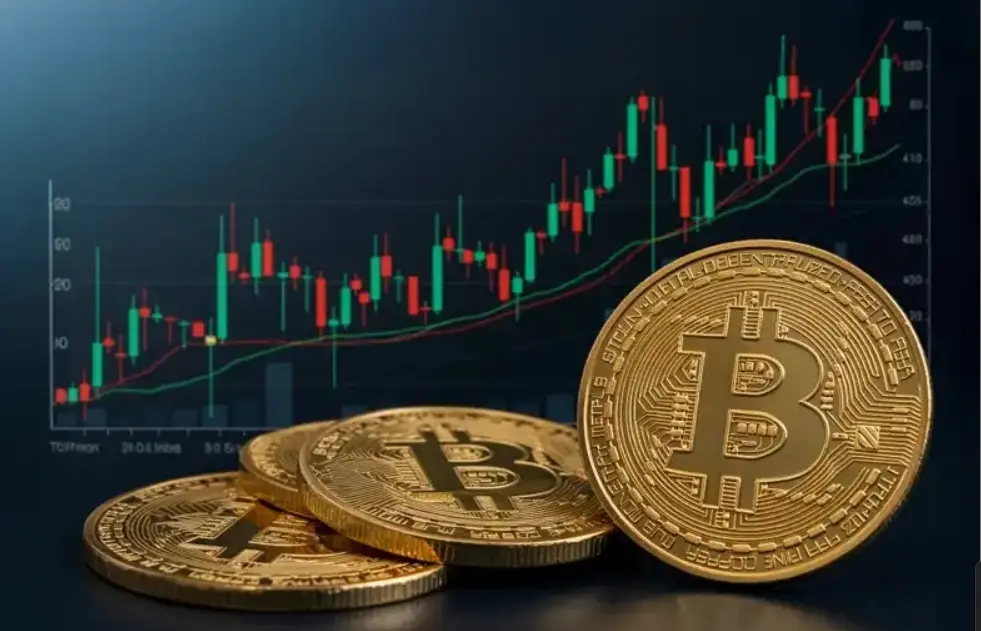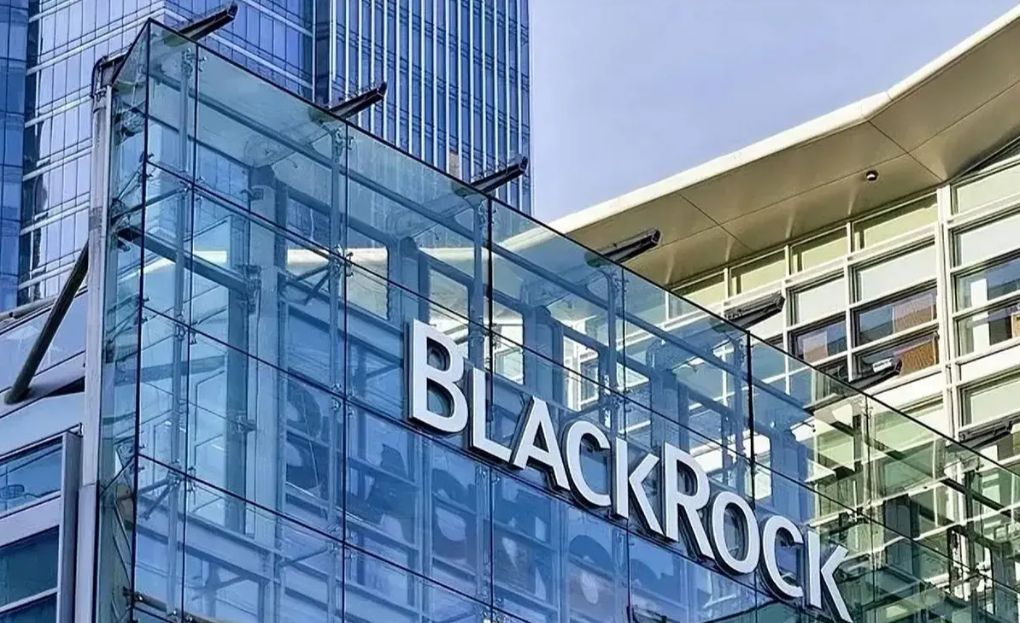Metaplanet: Bitcoin Strategy Facing an Unprecedented Funding Crisis
The Japanese company Metaplanet, which holds one of the largest corporate bitcoin reserves in the world, sees its accumulation strategy threatened by the collapse of its stock price. With a 54% drop since June, the company must reinvent its funding mechanism to pursue its crypto ambitions.

In brief
- Metaplanet suffers a 54% stock drop since June, paralyzing its funding mechanism based on subscription warrants.
- The company raises 880 million dollars through foreign markets to continue its bitcoin acquisitions.
- Shareholders will vote Monday on the issuance of 555 million preferred shares, a rare financial structure in Japan.
- Despite holding 18,991 BTC in portfolio, Metaplanet's Bitcoin premium erodes, dropping from 8x to only 2x.
Metaplanet’s Bitcoin Strategy Threatened by a Stock Market Collapse
Since mid-June, the Metaplanet stock plunged by 54%, while bitcoin paradoxically rose by 2% over the same period. This divergence highlights the fragilities of the company’s funding model.
Until now, its engine relied on a virtuous circle: the rise in the stock price encouraged Evo Fund, the main investor, to exercise its subscription warrants at attractive levels, thus injecting fresh capital intended for purchasing new bitcoins.
But the mechanism jammed . Simon Gerovich, former Goldman Sachs trader and now head of Metaplanet, sees his “flywheel” losing its momentum.
With the stock sharply down, Evo Fund’s subscription warrants no longer have economic interest, cutting access to this key liquidity source. The company even had to temporarily suspend the exercise of these instruments between September 3 and 30, a sign of the severity of the situation.
Yet, Metaplanet displays a considerable war chest: 18,991 BTC, valued at about 2.1 billion dollars. A stock ranking it 7th worldwide among public crypto holders, according to BitcoinTreasuries.NET.
 Ranking of the top 15 companies holding Bitcoin reserves. Source: BitcoinTreasuries.NET
Ranking of the top 15 companies holding Bitcoin reserves. Source: BitcoinTreasuries.NET
But behind this impressive balance sheet lies a more worrying reality: Metaplanet’s “Bitcoin premium” (the gap between its market capitalization and the value of its digital reserves) has sharply contracted.
As Eric Benoit from Natixis points out, this premium is the true backbone of the strategy. Plummeting from over 8x in June to just 2x today, it exposes shareholders to an increased risk of dilution. Without this overvaluation, Metaplanet’s ability to raise funds without weakening its shareholder base is directly compromised.
Strategic Pivot, Foreign Markets as a Lifeline
Facing the deadlock, Metaplanet announced on Wednesday its intention to raise 130.3 billion yen ($880M) through a public share offering on foreign markets, thus breaking away from its domestic funding model.
The schedule is accelerating: starting Monday, shareholders will vote on the issuance of 555 million preferred shares, a very rare instrument in Japan. This scheme could raise up to 555 billion yen ($3.7B), offering a credible alternative to the failure of subscription warrants.
For Simon Gerovich, these shares constitute a “defensive mechanism”: they allow capital injection without diluting ordinary shareholders, even in case of further price drops.
Offering up to 6% annual dividends and capped at 25% of the company’s bitcoin holdings, they especially target Japanese investors seeking yield in a historically low-rate environment.
At the same time, Metaplanet gains institutional stature. Reclassified from small-cap to mid-cap during FTSE Russell’s semi-annual review, the company joined the FTSE Japan index, a step that increases its visibility among international funds.
A Race Against Time Towards 210,000 BTC
Despite the turbulence, Metaplanet’s ambition remains intact. The company aims for 100,000 BTC by the end of 2025 and 210,000 BTC by 2027, representing over 1% of the total circulating supply. A relentless race demanding colossal financial means and flawless strategic discipline.
For Simon Gerovich, the bet rests on a strong conviction: bitcoin represents the best protection against yen depreciation and structural inflation.
In a Japan marked by decades of unconventional monetary policies, this vision finds particular resonance with investors eager to gain exposure to a rare asset disconnected from traditional dynamics.
The strategy draws inspiration from the MicroStrategy model, but adapted to the Japanese context. Metaplanet does not limit itself to accumulating bitcoins. The company plans to build a real ecosystem around its digital treasury, notably via credit instruments backed by BTC, aimed at meeting domestic demand for fixed income products.
This funding crisis acts as a maturity test. Metaplanet must prove its ability to diversify its sources of capital while continuing its accumulation. The success of this transition will show whether the “Japanese model” of Bitcoin treasury can assert itself in the face of classic financial market hazards.
Disclaimer: The content of this article solely reflects the author's opinion and does not represent the platform in any capacity. This article is not intended to serve as a reference for making investment decisions.
You may also like
Glassnode: Is Bitcoin Showing Signs of a 2022 Crash Again? Beware of a Key Range
The current bitcoin market structure is highly similar to Q1 2022, with over 25% of on-chain supply in a loss, ETF capital flows and spot momentum weakening, and the price relying on key cost basis areas.

Crypto Giants Clash: Faith, Utility, and Macro

Who is redefining the regulatory boundaries of prediction markets and gambling

BlackRock moves another 135 million ETH, is a storm coming?

